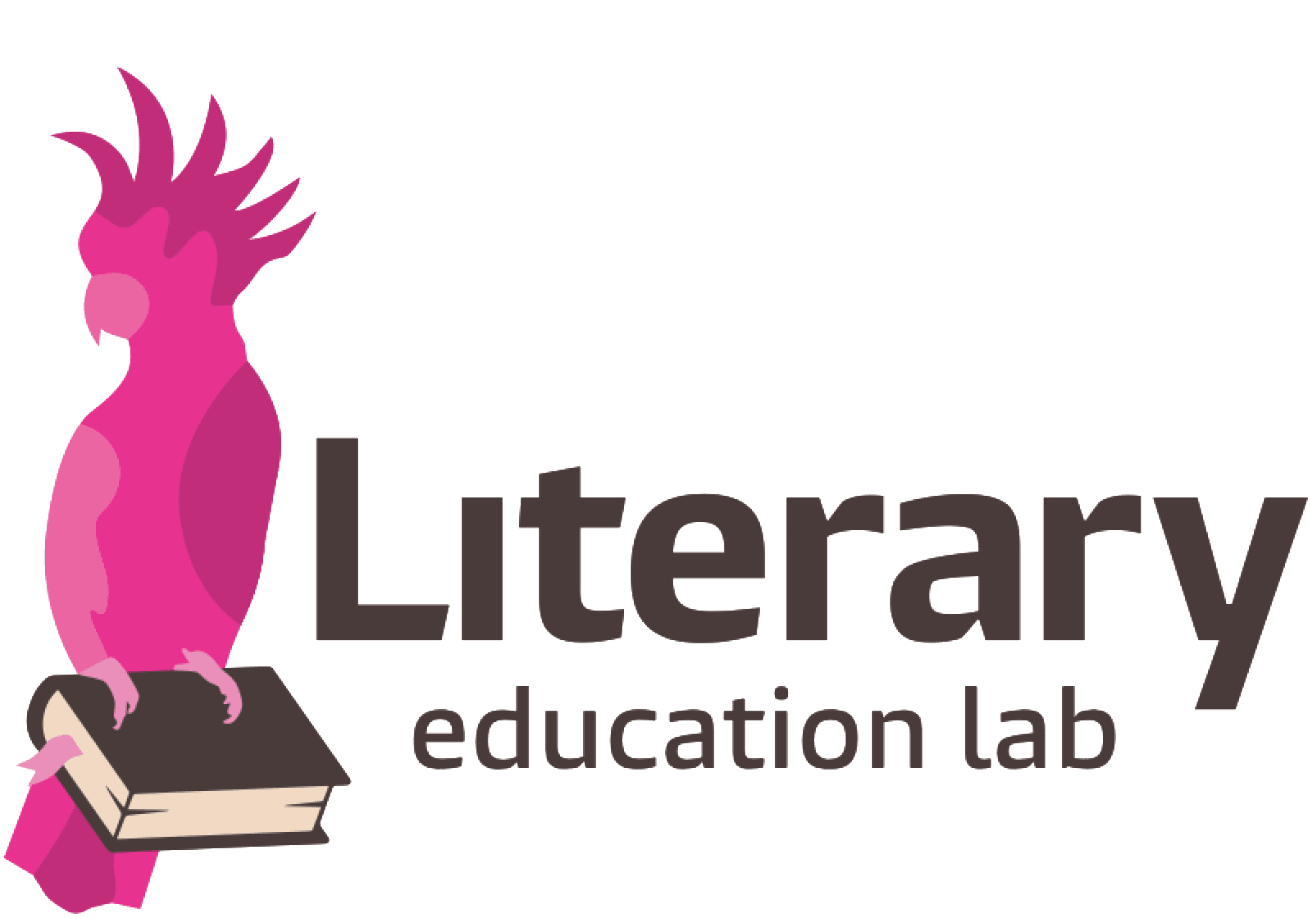
The Consent in Literature project investigated the potential and possibilities of including a focus on consent education in school English, as part of engagement with literature and literary representation in the secondary years of schooling. The focus on consent education has been driven by increasing community awareness of the high prevalence of sexual harassment and sexual assault, with girls and young women, along with lesbian, gay, bisexual, transgender, intersex and queer (LGBTIQ+) people, experiencing far higher rates of violence than the rest of the community.
In what ways are issues of consent present in a selection of literary texts routinely taught in Australian secondary English?
In what ways do contemporary, award-winning Australian texts relevant to subject English address issues of consent?
How do English teachers conceptualise the potential contribution of subject English in the context of consent education?
How do contemporary Australian writers conceptualise the reading and teaching of literature in the context of debates about consent education?
To explore these questions, the project team undertook a close analysis of:
20 texts widely used in secondary English
20 contemporary texts that engage with broad issues of consent
two focus groups conducted with secondary teachers of English
invited responses from 11 Australian writers regarding the potential contribution of literature to consent education.
It demonstrated that subject English, and the teaching of literature more broadly, provides an important site through which to contribute to consent education, not only because the subject matter is commonly present in the texts studied, but also because the rich text of a novel can provide access to the complexity and depth of experiences of those who are affected. However, in terms of pedagogical practice, this research found that teachers of English commonly avoid discussing the more sensitive issues pertaining to sexual relations when conducting a novel study. Teachers noted that they need more support if they are to discuss issues pertaining to consent and would benefit from frameworks, and further training and resources, to guide their approach: this has implications for pre-service English teacher preparation and inservice professional learning.
Of great importance is an ability to listen and learn about opinions that differ to your own. Reading a set text offers a focal point from which constructive discussions can follow. It’s not really about agreement – it’s about engagement with ideas that shape the broader socio-cultural landscape that students live in. This kind of knowledge allows young people to participate in the discourse with authority and awareness. Young people are a critical voice in changing cultures through practising informed dissent and debate. Literature plays a major role in facilitating these exchanges between peers and other social communities. ~ Cath Moore